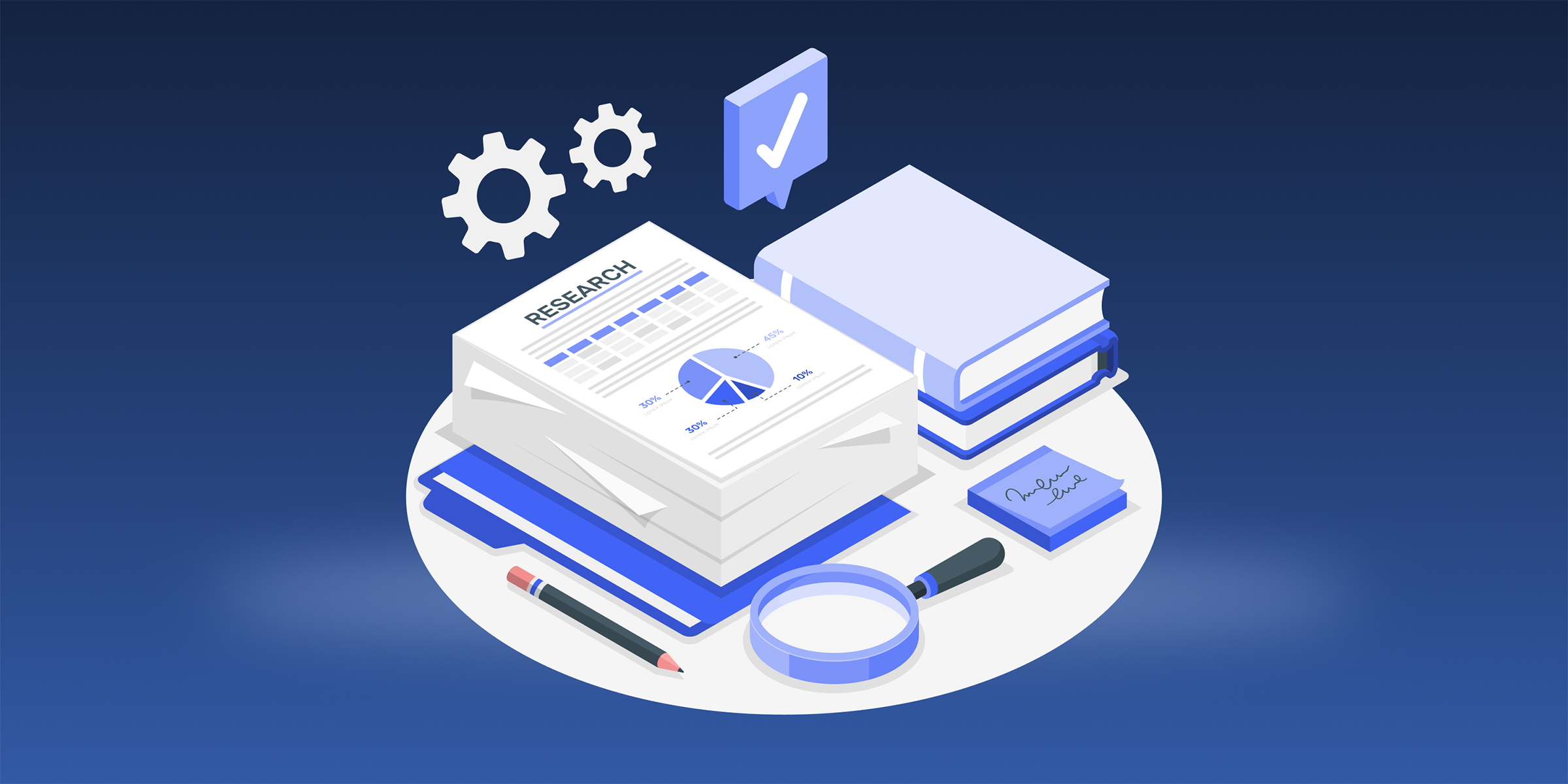Residential Proxies
Allowlisted 200M+ IPs from real ISP. Managed/obtained proxies via dashboard.

Proxies Services
Residential Proxies
Allowlisted 200M+ IPs from real ISP. Managed/obtained proxies via dashboard.
Residential (Socks5) Proxies
Over 200 million real IPs in 190+ locations,
Unlimited Residential Proxies
Unlimited use of IP and Traffic, AI Intelligent Rotating Residential Proxies
Static Residential proxies
Long-lasting dedicated proxy, non-rotating residential proxy
Dedicated Datacenter Proxies
Use stable, fast, and furious 700K+ datacenter IPs worldwide.
Mobile Proxies
Dive into a 10M+ ethically-sourced mobile lP pool with 160+ locations and 700+ ASNs.
Scrapers
Collection of public structured data from all websites
Proxies
Residential Proxies
Allowlisted 200M+ IPs from real ISP. Managed/obtained proxies via dashboard.
Starts from
$0.6/ GB
Residential (Socks5) Proxies
Over 200 million real IPs in 190+ locations,
Starts from
$0.03/ IP
Unlimited Residential Proxies
Unlimited use of IP and Traffic, AI Intelligent Rotating Residential Proxies
Starts from
$1816/ MONTH
Static Residential proxies
Long-lasting dedicated proxy, non-rotating residential proxy
Starts from
$4.5/MONTH
Dedicated Datacenter Proxies
Use stable, fast, and furious 700K+ datacenter IPs worldwide.
Starts from
$4.5/MONTH
Mobile Proxies
Allowlisted 200M+ IPs from real ISP. Managed/obtained proxies via dashboard.
Starts from
$1.2/ GB
Scrapers
Web Unblocker
Simulate real user behavior to over-come anti-bot detection
Starts from
$1.2/GB
Serp API
Get real-time search engine data With SERP API
Starts from
$0.3/1K results
Scraping Browser
Scale scraping browsers with built-inunblocking and hosting
Starts from
$2.5/GB
Documentation
All features, parameters, and integration details, backed by code samples in every coding language.
TOOLS
Resources
Addons
ABCProxy Extension for Chrome
Free Chrome proxy manager extension that works with any proxy provider.
ABCProxy Extension for Firefox
Free Firefox proxy manager extension that works with any proxy provider.
Proxy Manager
Manage all proxies using APM interface
Proxy Checker
Free online proxy checker analyzing health, type, and country.
Proxies
AI Developmen
Acquire large-scale multimodal web data for machine learning
Sales & E-commerce
Collect pricing data on every product acrossthe web to get and maintain a competitive advantage
Threat Intelligence
Get real-time data and access multiple geo-locations around the world.
Copyright Infringement Monitoring
Find and gather all the evidence to stop copyright infringements.
Social Media for Marketing
Dominate your industry space on social media with smarter campaigns, anticipate the next big trends
Travel Fare Aggregation
Get real-time data and access multiple geo-locations around the world.
By Use Case
English
繁體中文
Русский
Indonesia
Português
Español
بالعربية

With the increasing popularity of artificial intelligence (AI) applications, the need for high-quality training data has become more crucial than ever. SoundCloud, as a vast repository of audio content, presents a valuable resource for AI training in various domains such as speech recognition, music analysis, and sound classification. In this blog post, we will discuss how to scrape SoundCloud effectively for AI training purposes.
SoundCloud is a popular platform where users can upload, share, and discover audio content ranging from music tracks and podcasts to sound effects and spoken-word recordings. This diverse collection of audio data makes SoundCloud an attractive source for training AI models that require large amounts of labeled audio data.
By scraping SoundCloud, researchers and developers can access a wide range of audio samples to train AI algorithms for tasks like speech-to-text conversion, music genre classification, sentiment analysis based on voice tone, and more. However, scraping audio data from SoundCloud requires careful planning and execution to ensure ethical and legal compliance.
Before scraping any data from SoundCloud or any other website, it is essential to understand and comply with the platform's terms of service and copyright policies. SoundCloud, like most online platforms, prohibits unauthorized scraping of its content for commercial purposes or in violation of its terms of use.
To scrape SoundCloud ethically, you should ensure that you have the necessary permissions to access and use the audio data for AI training. This may involve obtaining explicit consent from content creators, adhering to fair use guidelines, or leveraging publicly available audio content that is free from copyright restrictions.
There are several tools and techniques available for scraping audio data from SoundCloud. One common approach is to use web scraping libraries like BeautifulSoup in Python to extract audio URLs, metadata, and user information from SoundCloud web pages. By analyzing the HTML structure of SoundCloud pages, you can identify and extract relevant audio data for AI training.
Another method for scraping SoundCloud is to leverage the SoundCloud API, which provides developers with programmatic access to audio content, user profiles, playlists, and more. By interacting with the SoundCloud API, you can retrieve audio samples in a structured format, making it easier to process and use the data for AI training purposes.
When scraping SoundCloud for AI training, it is important to follow best practices to ensure the quality and legality of the scraped data. Here are some tips to help you scrape SoundCloud effectively:
1. **Respect SoundCloud's Terms of Service**: Always abide by SoundCloud's terms and conditions regarding data scraping and usage rights. Avoid unethical scraping practices that may violate copyright laws or infringe upon user privacy.
2. **Focus on Relevant Audio Content**: Identify specific audio categories or genres on SoundCloud that align with your AI training objectives. By targeting relevant audio content, you can improve the quality and relevance of the training data for your AI models.
3. **Use Metadata for Labeling**: Extract metadata such as track titles, genres, and user tags from SoundCloud audio files to create labeled datasets for AI training. Metadata can provide valuable context for training AI algorithms and improving model performance.
4. **Consider Data Augmentation**: To enhance the diversity and robustness of your training data, consider augmenting the scraped audio samples with variations such as background noise, speed alterations, or pitch shifts. Data augmentation can help your AI models generalize better to unseen audio inputs.
5. **Monitor Scraping Activity**: Regularly monitor your scraping activities to ensure compliance with SoundCloud's usage limits and API rate restrictions. Avoid excessive scraping that may strain SoundCloud's servers or result in account suspension.
Scraping SoundCloud for AI training can provide valuable audio datasets for developing and enhancing AI algorithms in speech recognition, music analysis, and other audio-related tasks. By understanding the legal and ethical considerations, leveraging appropriate tools and techniques, and following best practices for data scraping, you can effectively harness the potential of SoundCloud's audio content for AI innovation. Remember to always prioritize user privacy, data integrity, and compliance with platform policies when scraping SoundCloud or any other online resource for AI training purposes.
Featured Posts
Popular Products
Residential Proxies
Allowlisted 200M+ IPs from real ISP. Managed/obtained proxies via dashboard.
Residential (Socks5) Proxies
Over 200 million real IPs in 190+ locations,
Unlimited Residential Proxies
Use stable, fast, and furious 700K+ datacenter IPs worldwide.
Residential (Socks5) Proxies
Long-lasting dedicated proxy, non-rotating residential proxy
Dedicated Datacenter Proxies
Use stable, fast, and furious 700K+ datacenter IPs worldwide.
Web Unblocker
View content as a real user with the help of ABC proxy's dynamic fingerprinting technology.
Related articles

Unlock Internet Freedom with ABCproxy - Your Premier Online Proxy Solution
Discover the benefits of using ABCproxy, a reliable online proxy service that ensures secure and anonymous browsing. Access restricted content and protect your privacy seamlessly with ABCproxy. Experience fast and unrestricted internet access today!

Unlock Any Website with These Effective Bypass Methods
Looking to bypass website restrictions? Our blog reveals effective strategies to access blocked content easily. Learn how to bypass website filters now!